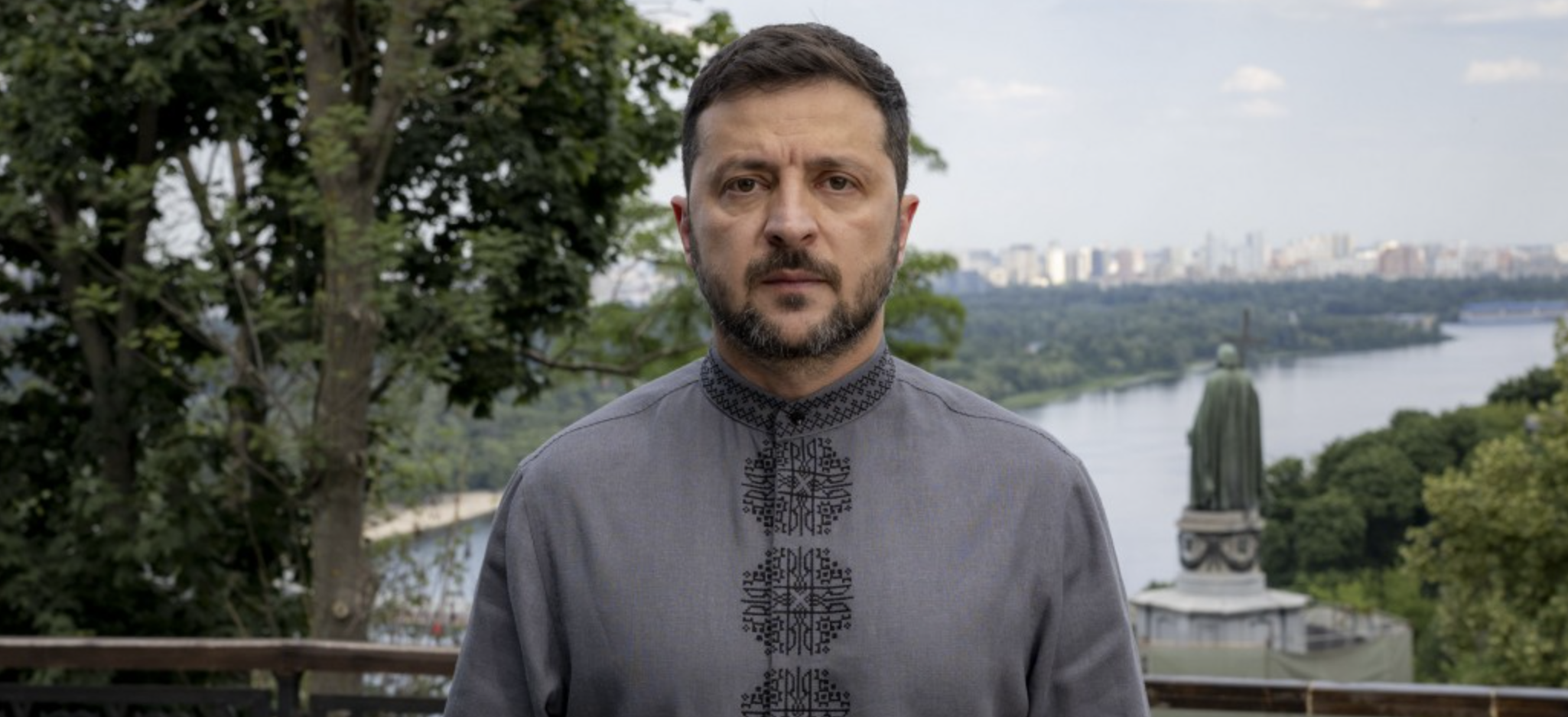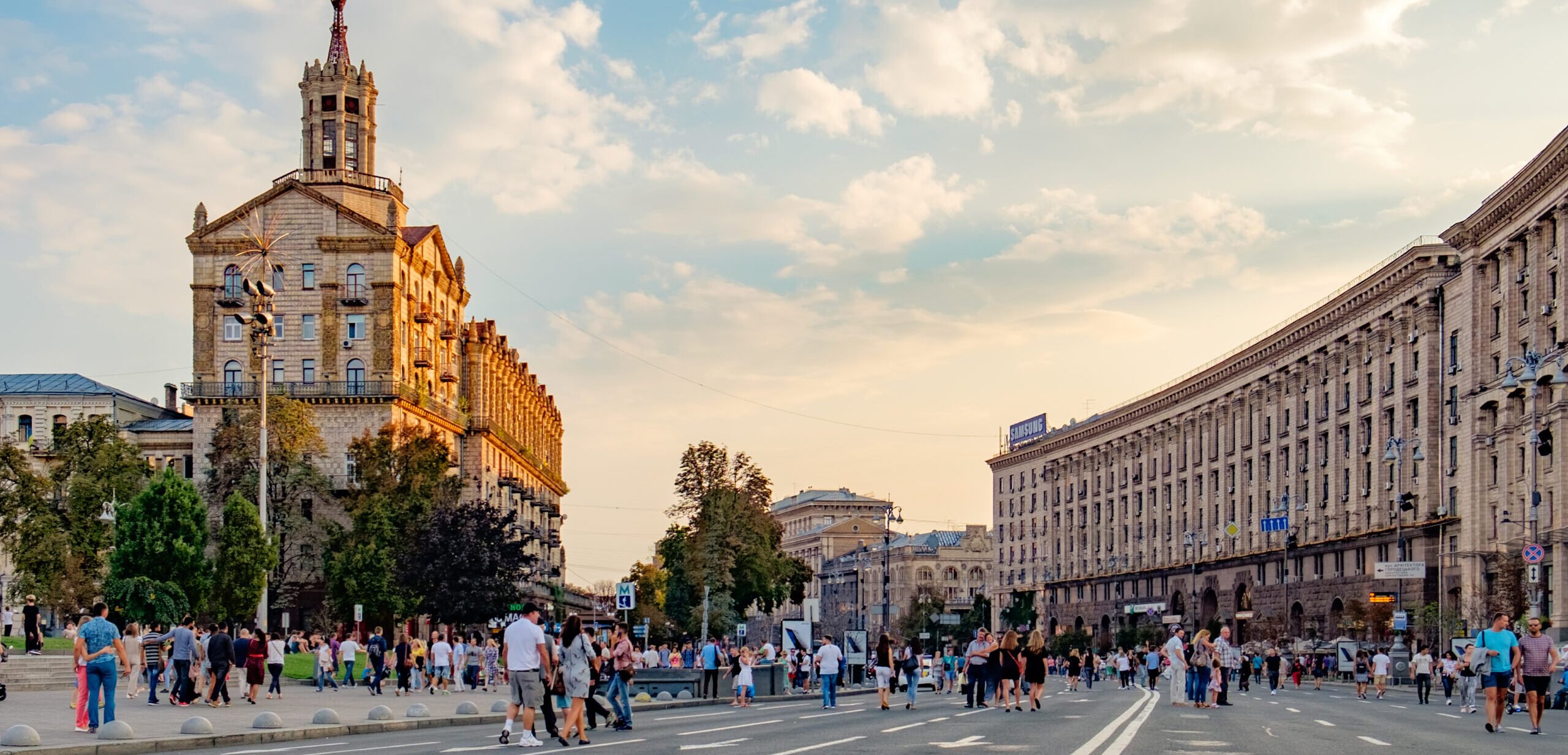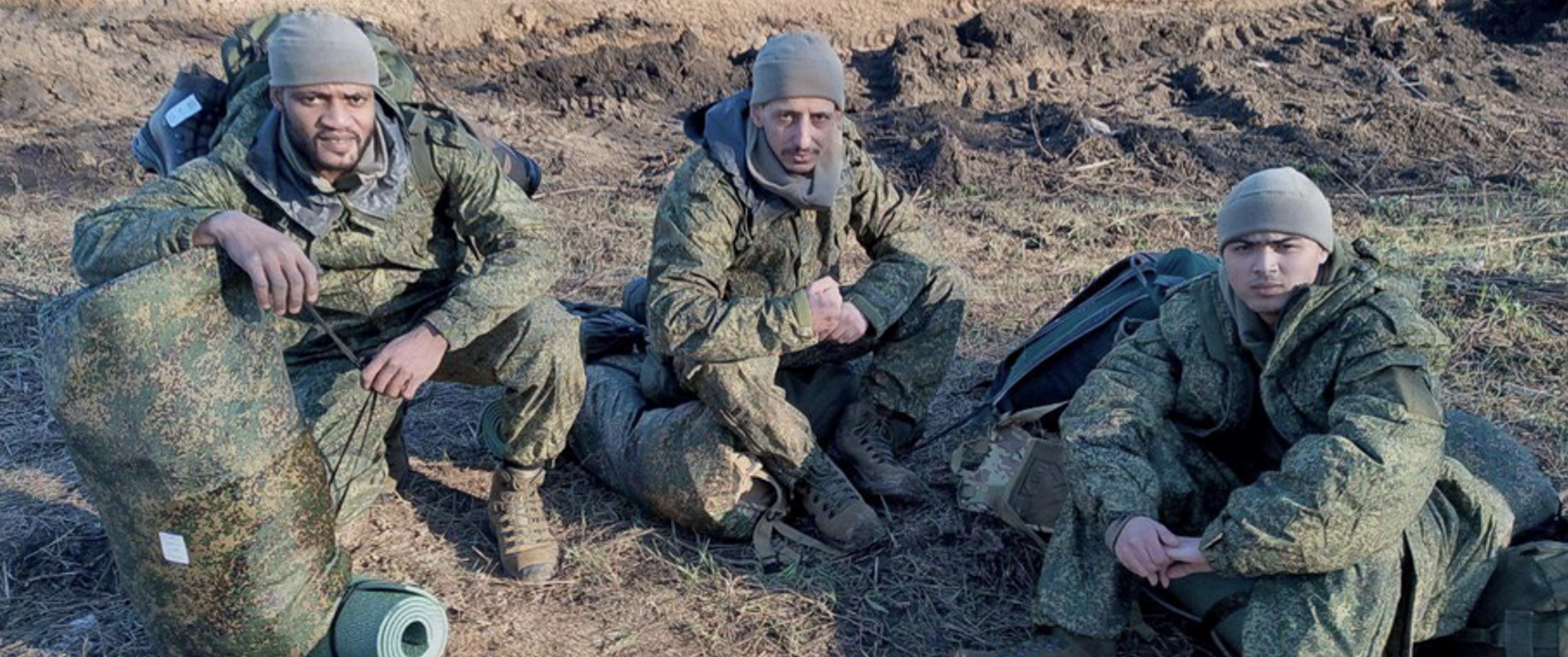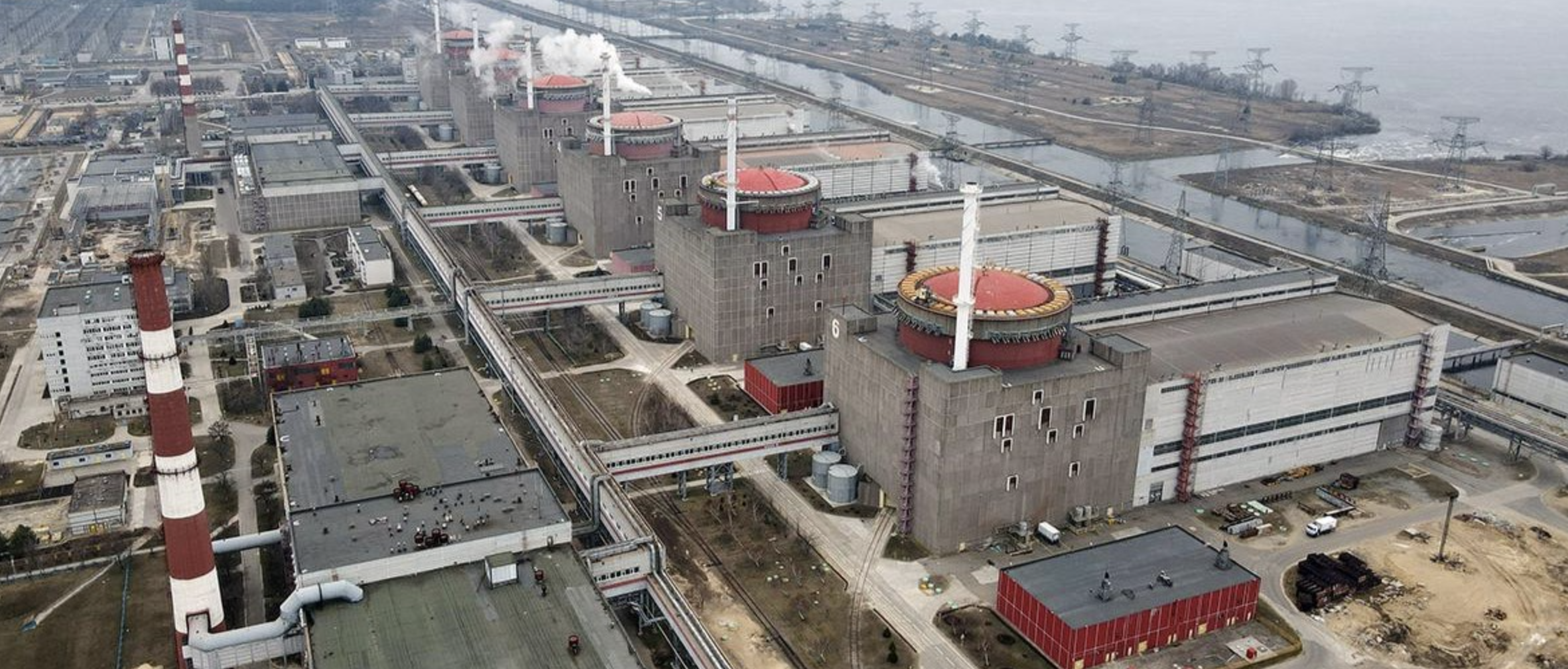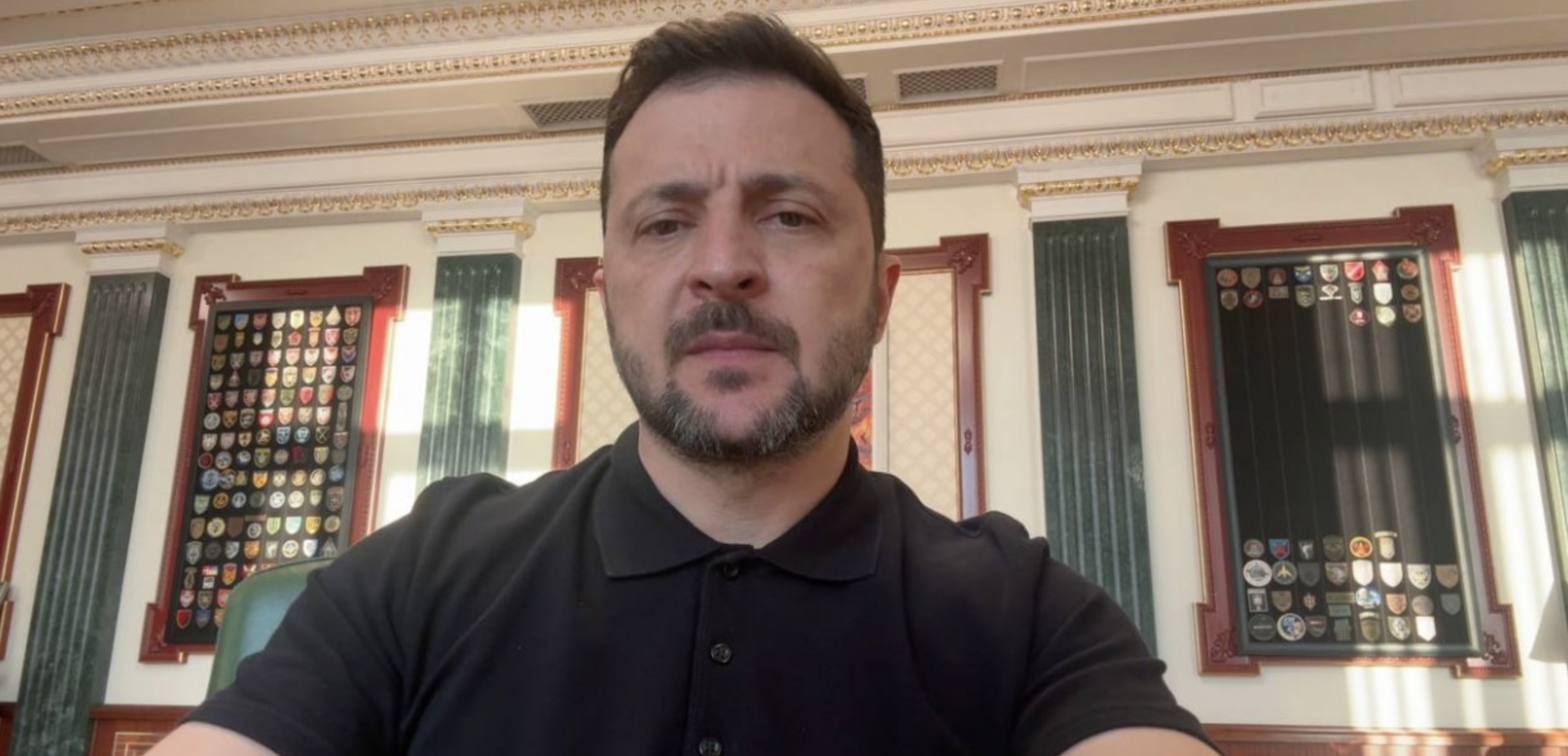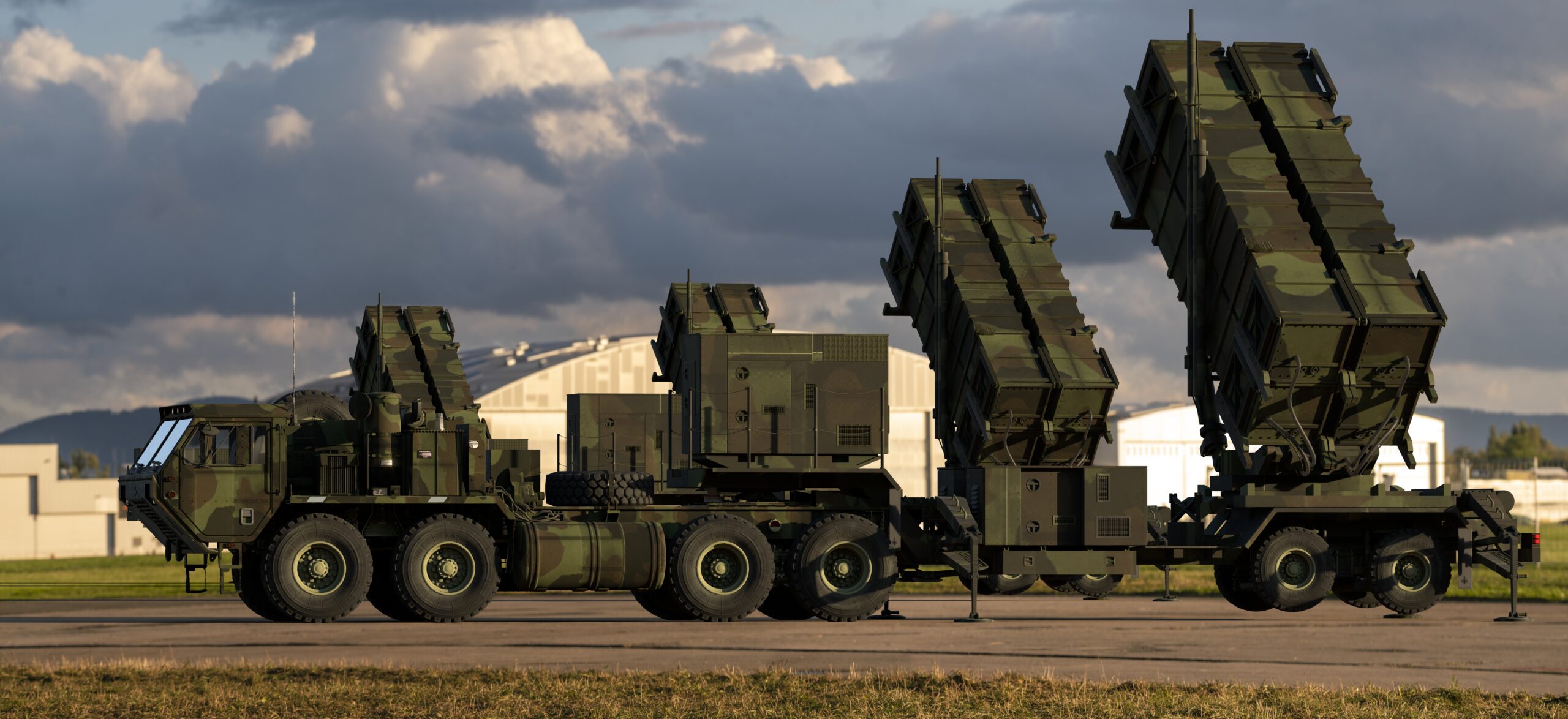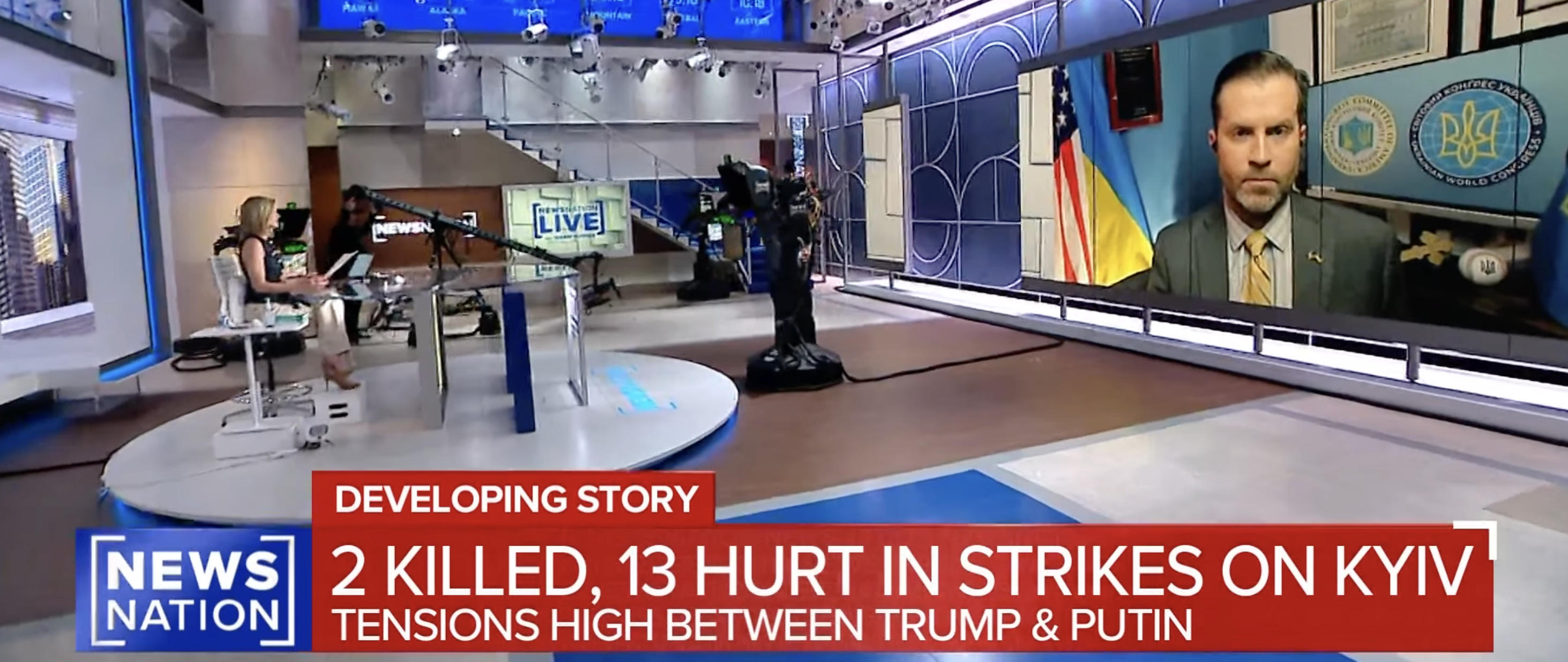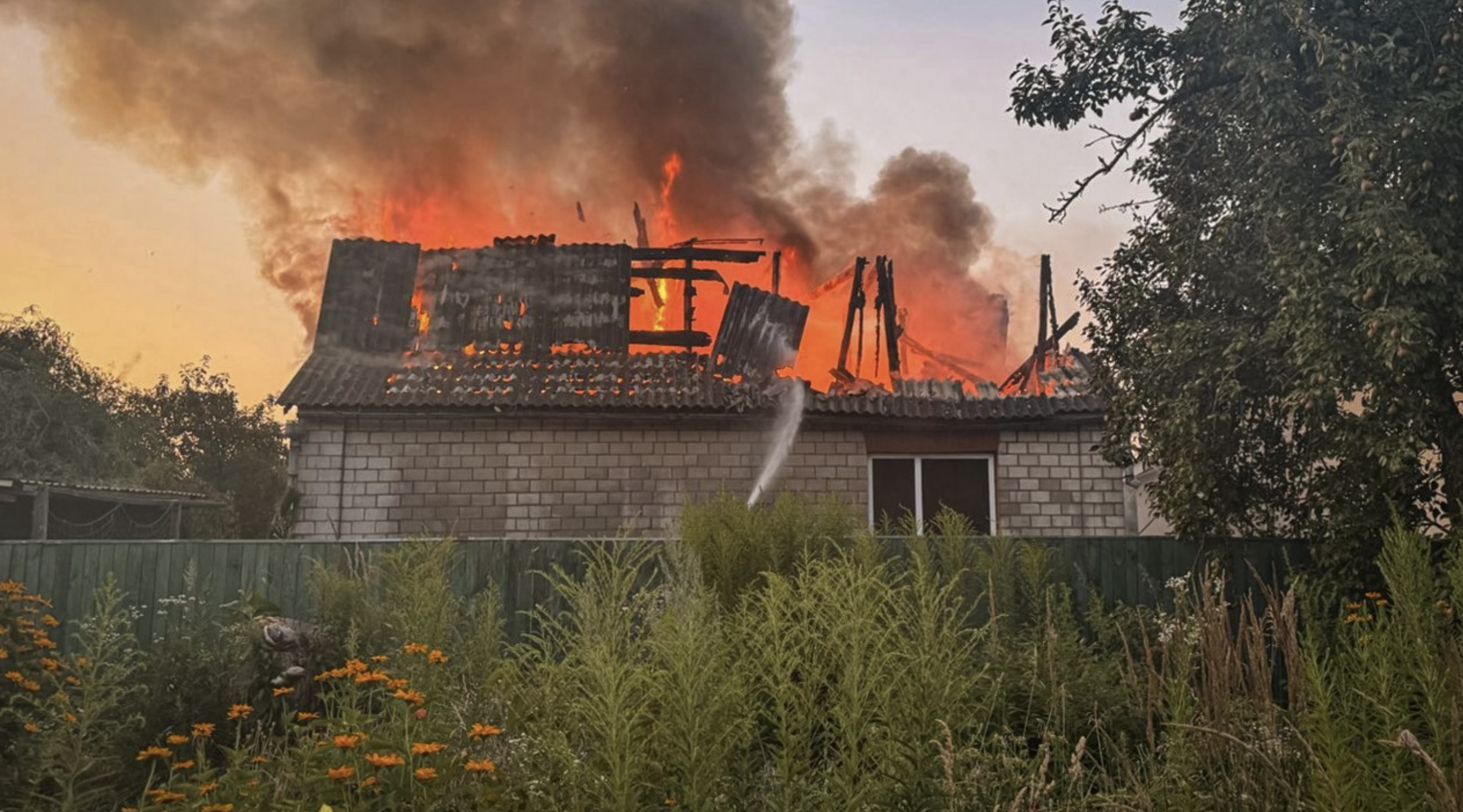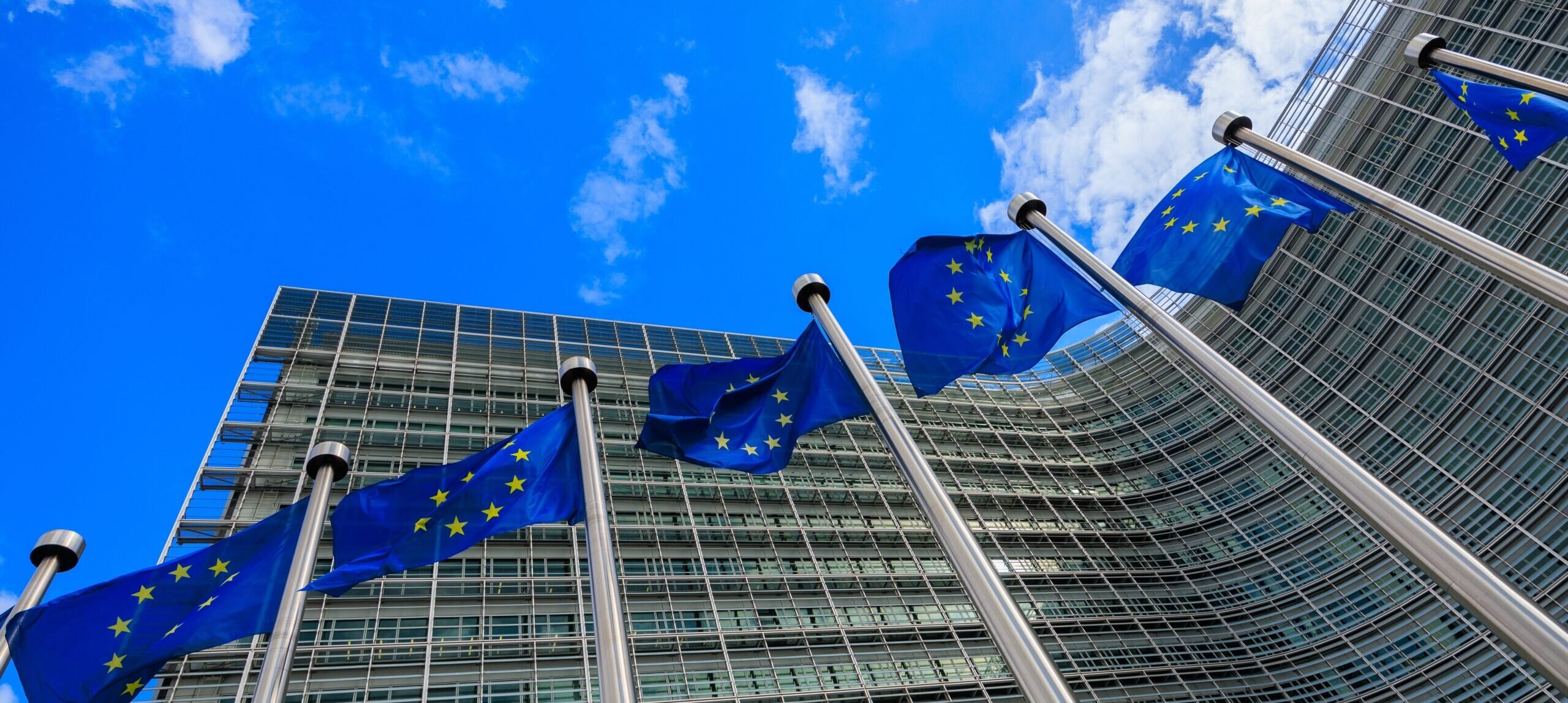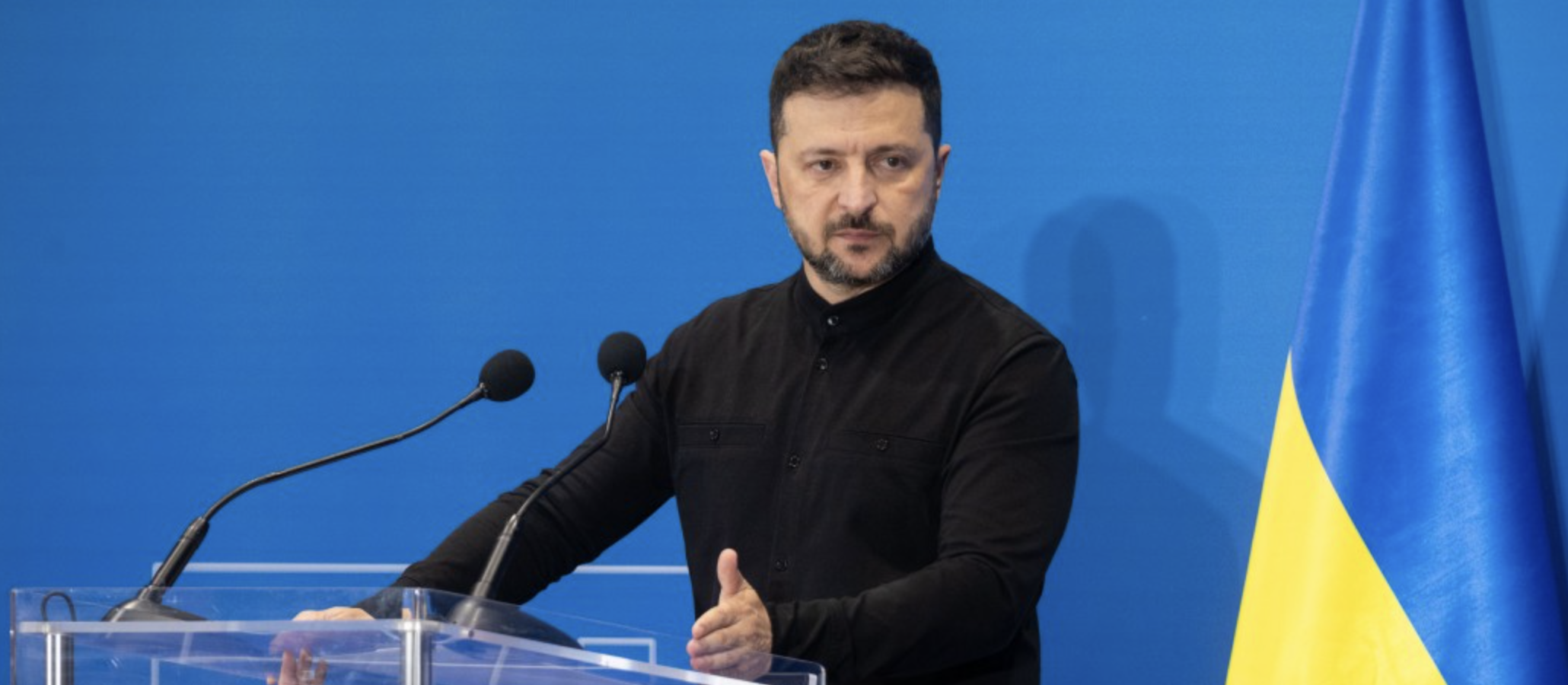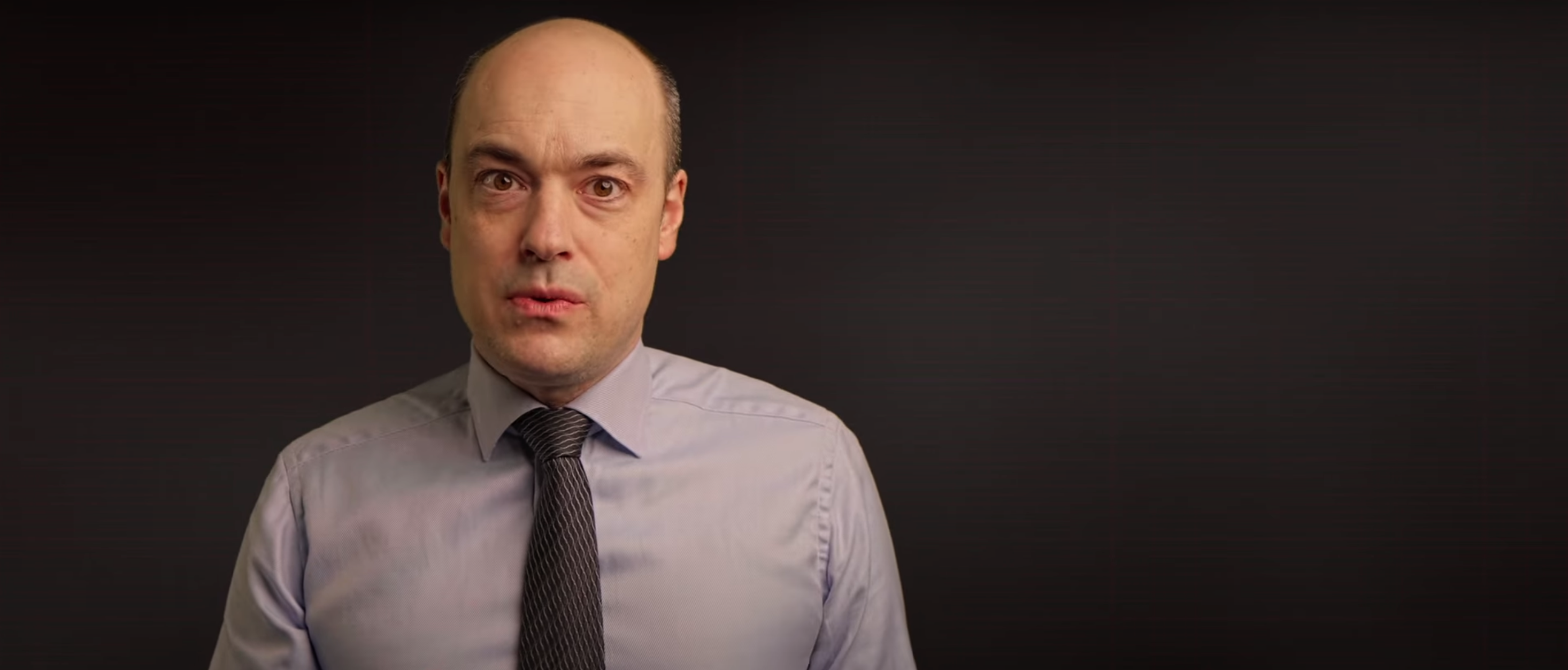
Entering the third year of Russia’s war on Ukraine, Anders Nielsen, a military analyst at the Royal Danish Defence College, anticipates unfolding dynamics through two principal scenarios.
“It has now been over two years since Russia launched the invasion of Ukraine. In the big perspective I think we can say that Ukraine came best out of the first year. They resisted the initial invasion, and they managed to liberate big parts of the territory that Russia had occupied. I think we can also say that Russia probably had more success in the second year. They managed to withstand the Ukrainian counteroffensive, and they took back the initiative, and they are right now putting the Ukrainians under pressure in a winter offensive,” the analyst says.
According to Nielsen, the optimistic scenario for the third year of the war envisions Russia’s forces depleted, leading to a decline in Putin’s regime. Currently, Russia is funding the war through savings, making it unsustainable to maintain a stable economy in the long term.
Russia is financing the war by depleting its savings, making it impossible to sustain a stable economy in the long run. There is a risk that the Russian economy may simply “overheat”: the competition between the private sector and the military forces constant salary increases, potentially resulting in uncontrolled inflation.
“But in addition to this, Russia is also going to be politically more unstable in the coming years. I think that the Putin regime is much more unstable than many people think. It hasn’t even been a year since there was a military mutiny. And it can happen again,” the analyst says.
The instability of Putin’s regime will continue to grow, particularly due to significant losses on the front that will soon reach a critical point. Currently, Russia has the upper hand over Ukraine, but Nielsen emphasizes that this advantage is temporary.
In the pessimistic scenario, the indecisiveness of Western countries could lead to a reduction in defense production and assistance to Ukraine. Additionally, Russia may initiate provocations against NATO countries to divert their focus to internal issues and ultimately cease support for Ukraine.
“But what I think is interesting is that the variable between the scenarios is really the extent to which the supply chains to Ukraine can be stabilized. … The decisive factor in 2024 is whether Ukraine’s partners get behind a solid strategy,” Nielsen concluded.
Cover: Screenshot
